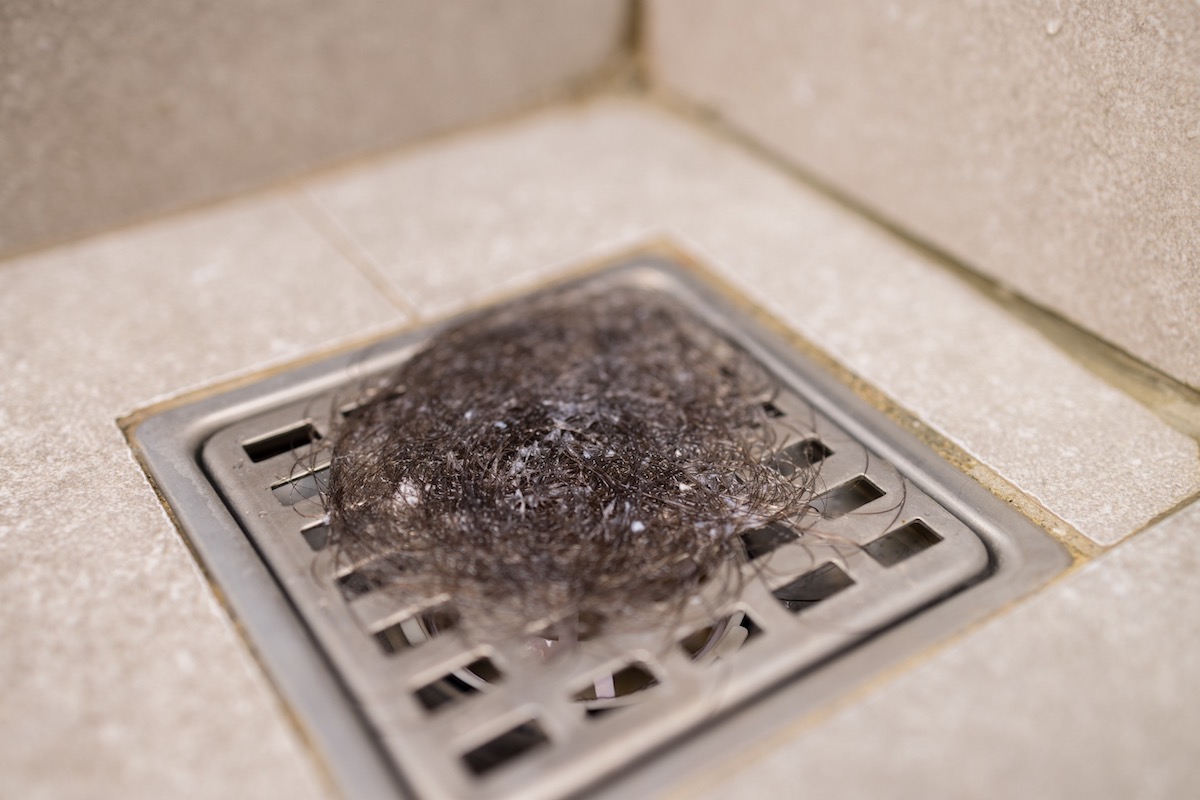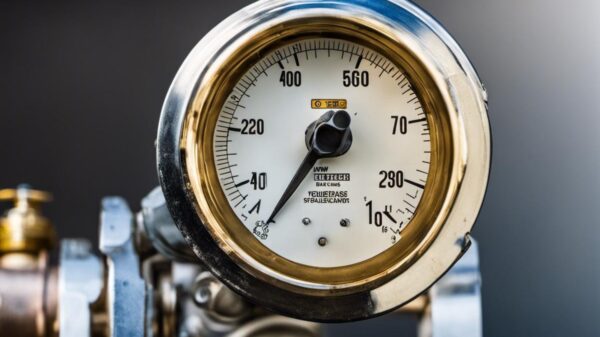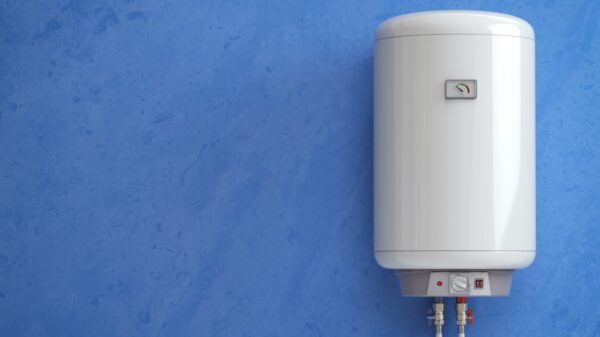Dealing with a clogged shower drain is a common issue that many homeowners face. At best it’s a nuisance; at worst, it can lead to plumbing nightmares. The key to effectively handling this problem lies in understanding its cause and utilizing the right tools and techniques. Whether it’s an accumulation of hair, soap scum, or the result of hard water, each scenario requires a specific approach. Additionally, using hand tools like a plumber’s snake or a plunger can be very effective in clearing out the blockage. Furthermore, one should also be aware of natural cleaning solutions such as a baking soda-vinegar mixture. These can provide a gentle yet efficient method of unclogging without the need for potentially harmful chemicals.
Identifying the Cause of Clogging
Uncovering the Mysteries Behind Common Shower Drain Clogs
Beginning from a place of curiosity, plunging into the world of domestic repairs and maintenance can yield undeniably rewarding results. Understanding the potential problems in any home, and possessing the ability to troubleshoot and solve them, is both a valuable life skill and an engaging pastime. One particularly noteworthy home annoyance, almost universally experienced, is the dreaded shower drain clog. It’s an issue that plagues households worldwide, but what exactly are the primary culprits behind these pesky blockages? Let’s delve deep and uncover the common causes of shower drain clogs.
Quite often, the primary and most common perpetrator of shower drain clogs is human hair. As we cleanse ourselves in showers, loose strands often find their way down the drain, gradually accumulating and entwining with other materials to form robust blockages. As you might expect, the increased frequency of hair washing, common among individuals with longer hair, can significantly exacerbate this issue.
Collaborating conspiratorially with hair to bolster the blocking efforts are soaps and shampoo residue. These substances often possess a sticky quality that encourages the adhesion and aggregation of hair strands, forming clumps that can impede water flow. Additionally, bar soaps leave behind scum, another regular contributing factor in creating clogs.
On occasions, but less commonly, mineral build-up from hard water can also be responsible for shower drain clogs. Hard water contains minerals like calcium and magnesium that can precipitate and adhere to pipe walls, thereby narrowing the passage for water to flow through and leading to clogs over time.
Moving along, another unwelcome guest in the shower that often goes unnoticed is dirt. Even though tackling the grime from our bodies is one of the primary functions of a shower, the dirt that washes off in the process can accumulate in the drains and contribute to clogs.
Finally, small objects inadvertently dropped or washed down the drain can also give rise to a clogging situation. Things like bottle caps, small toys, or even jewellery can become trapped in the drain, restricting proper water flow.
In the fascinating realm of home maintenance, understanding the root causes of common problems like shower drain clogs is the key to effective solutions. Armed with this knowledge, one can more comfortably tackle these issues head-on or implement preventive measures. Each little victory contributes to the growing satisfaction that journeys in this hobby yield, fostering a deeper connection to our homes and the intricate systems that comprise them. So, happy unclogging!
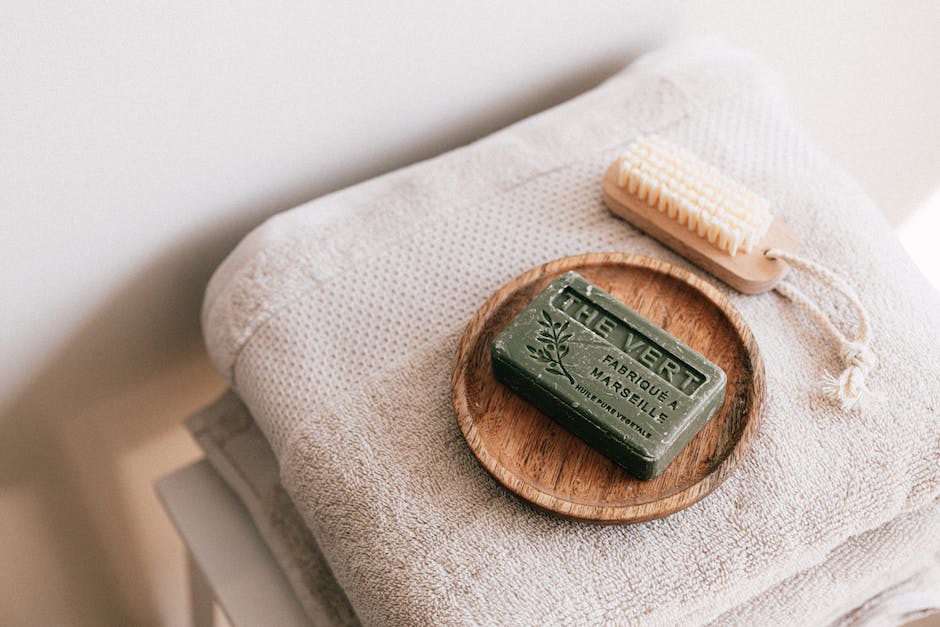
Proper Use of Hand Tools for Unclogging
Mastering Drain Maintenance: Tackling Persistent Shower Drain Clogs
If you’re an adept DIYer, toiling in the trenches of home maintenance and repair, you’re likely already familiar with the usual suspects of shower drain clogs. However, beyond the usual hair, soap, and dirt culprits, there are a few other potential perpetrators worth mentioning that could be blocking your path to a free-flowing drain.
Fibrous materials – notably cellulose-based – are silent offenders in the clog scenario. They stealthily slip down the drain and, being naturally resistant to water dissolution, they bunch up, creating stubborn blockages. These can include materials such as cotton swabs, facial wipes, and even small pieces of toilet paper.
Grease could also be your uninvited guest. It might sound counterintuitive to find grease in your shower, but it’s more common than you think. Using oil-based skincare and hair products, or even bathing your grease-smeared pet might be contributing to a greasy clog situation. The viscosity of oil and fat makes them stick to pipe surfaces, blocking the pathway over time.
Believe it or not, rust and corrosion can also sabotage your shower drain. Aging pipes made of cast iron or galvanized steel are susceptible to rusting due to their continuous exposure to water. Chunks of rusting pipes can come loose, creating a makeshift dam in your drain, hindering water flow.
Now that you’re aware of these less-known causes, let’s tackle the big question: How can we keep our drains clean and functioning?
Firstly, always be mindful of what goes down your drain. Regularly remove visible hair and avoid disposing of fibrous materials. Investing in a good quality hair catcher or drain protector can save you from future headaches.
Fighting grease requires a simple weekly maintenance routine. Every week, pour boiling water down your drain to dissolve and flush out the grease build-up. Just remember – never combine this method with chemical drain cleaners as this could lead to hazardous reactions.
Lastly, dealing with pipe corrosion requires professional help. Promptly contact a qualified plumber if you notice slow draining even after clearing visible obstructions, or if there are signs of pipe damage. Professional pipe inspection and repair are paramount to ensure your shower drain remains clog-free.
With careful vigilance and a proactive approach, you’ll be well on your way to maintaining unobstructed shower drains and enjoying those relaxing showers without an inch of standing water in sight.
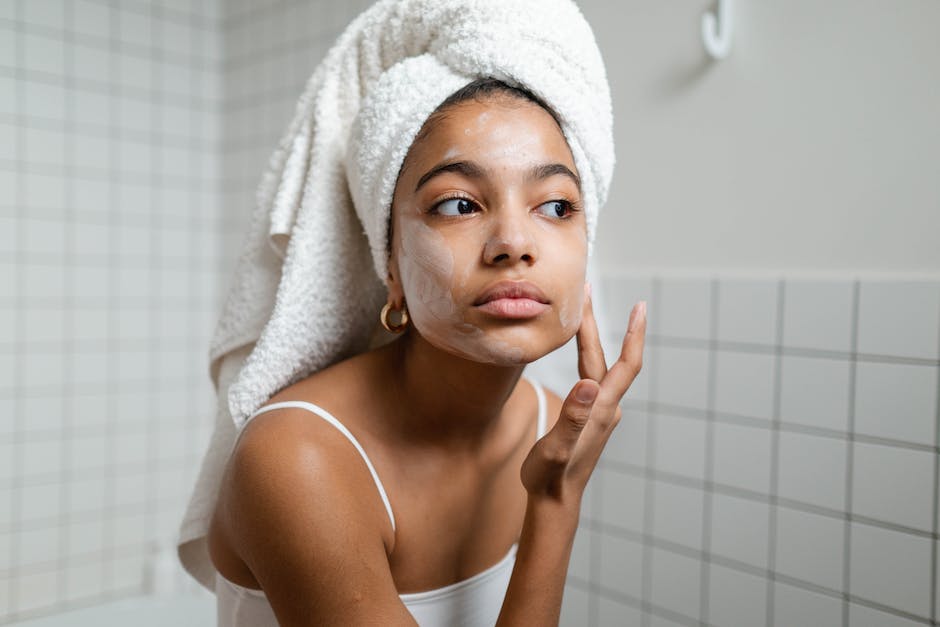
Natural Cleaning Solutions
Continuing on, moving past the causes of drain clogs, let’s dive into a fascinating world of natural solutions one can use to unclog the murky waters of a shower drain. With an awareness of the preventable mess, these organic remedies will tackle the problem with grace and efficiency.
First stop – boiling water. This banal kitchen staple is an unsung hero when it comes to unclogging drains. Pouring a kettle full of boiling water down the drain is often enough to dissolve the soap and grease, allowing it to wash away. It’s advised to pour in stages, waiting a few seconds between each pour, which gives the hot water time to work its magic. One should be cautious when using boiling water on PVC pipes to avoid damage.
Next up is the classic combination of baking soda and vinegar. A cup of baking soda followed by a cup of white or apple cider vinegar can create a natural chemical reaction that can break down some clogs, removing the grime and soap build-up as it fizzes. Leave this mixture in the drain for about 15-20 minutes and then follow with hot water to clear the residue.
Expanding the toolkit, a plunger’s potential extends to shower drains, just like it does for toilets. Once sealed over the drain opening, use the suction power of the plunger to loosen and dislodge the clog. It may require a bit of elbow grease, but it’s worth the effort. A hand auger or snake can also be used for those stubborn clogs, threading the device down the pipe to break apart the offending debris.
Beyond these standard tools of unclogging, there comes the salt and baking soda mix. A combo of 1/2 cup of each can work beautifully to eat away at a hair clog, especially when followed by boiling water after about 15 minutes.
In the same vein, dish detergent can be a surprising contender. A quarter cup of dish detergent followed by boiling water can break up grease, soap, and hair, allowing the clog to be flushed away. This trick is especially useful if the clog is suspected to be grease-related.
Finally, if bending the elbow didn’t do the trick, there’s the wire hanger method. Straighten out a coat hanger, leaving a hook on one end. With the hook, one can fish out and break up any stubborn clogs lodged deep in the pipe.
These natural solutions avoid harmful chemicals which can damage pipes and are harmful to the environment. Empowering anyone to embrace their inner handyman or handywoman, unclogging shower drains can be an interesting adventure into the realm of home maintenance. Just remember, for severe or consistent clogging issues, always seek the help of a professional. It’s all part of creating a comfortable, and smoothly running, personal paradise. No summary needed here, as each method shines with its own effervescence in the world of natural, do-it-yourself clog removal.
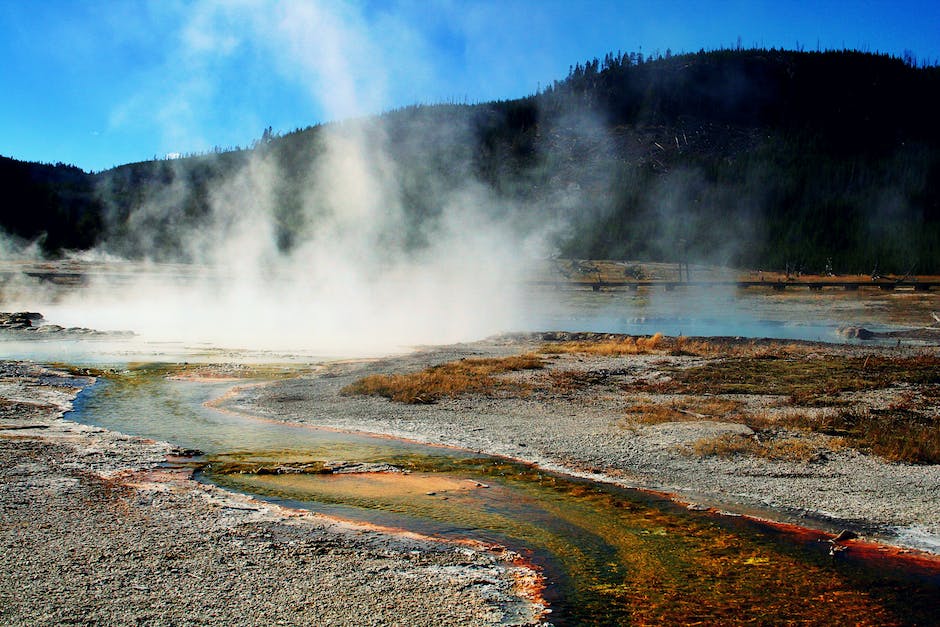
Unclogging a shower drain isn’t the most pleasant task, but it can become a lot easier and less daunting once you equip yourself with the right knowledge and expertise. Identifying the cause of the clog, using the right hand tools, and knowing how to create natural cleaning solutions, are all steps towards a smooth-running shower drain. So, the next time your shower drain becomes clogged, don’t let it cause undue stress. Just remember these pointers and you’ll be well on your way to resolving the issue effectively and safely. In the end, prevention is always better, so make sure to regularly clean your shower drain to halt any potential clogs from forming.


